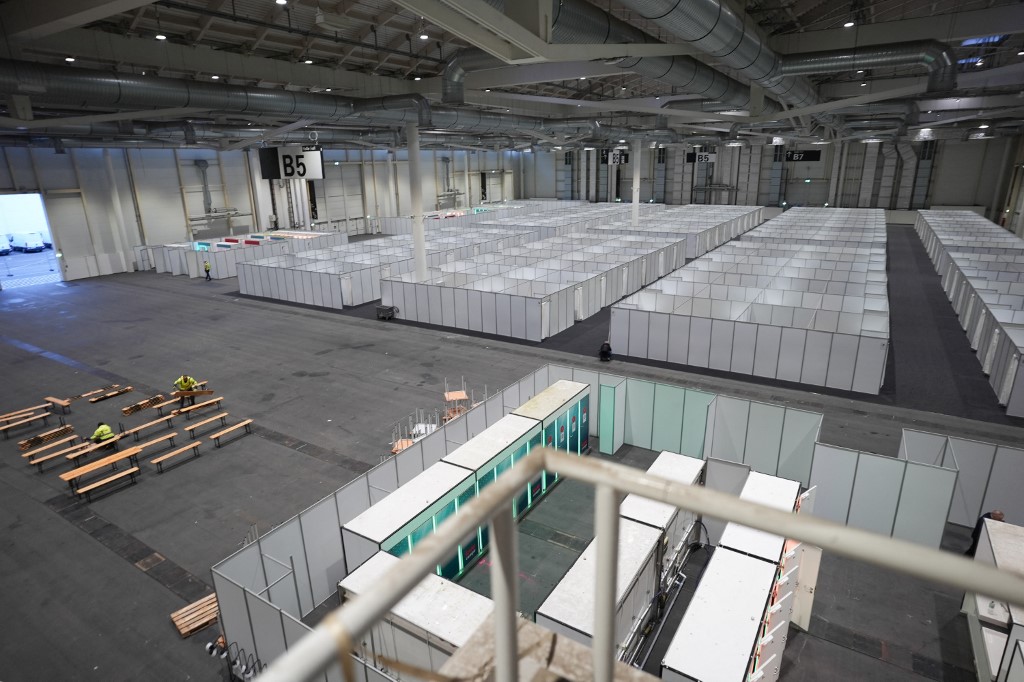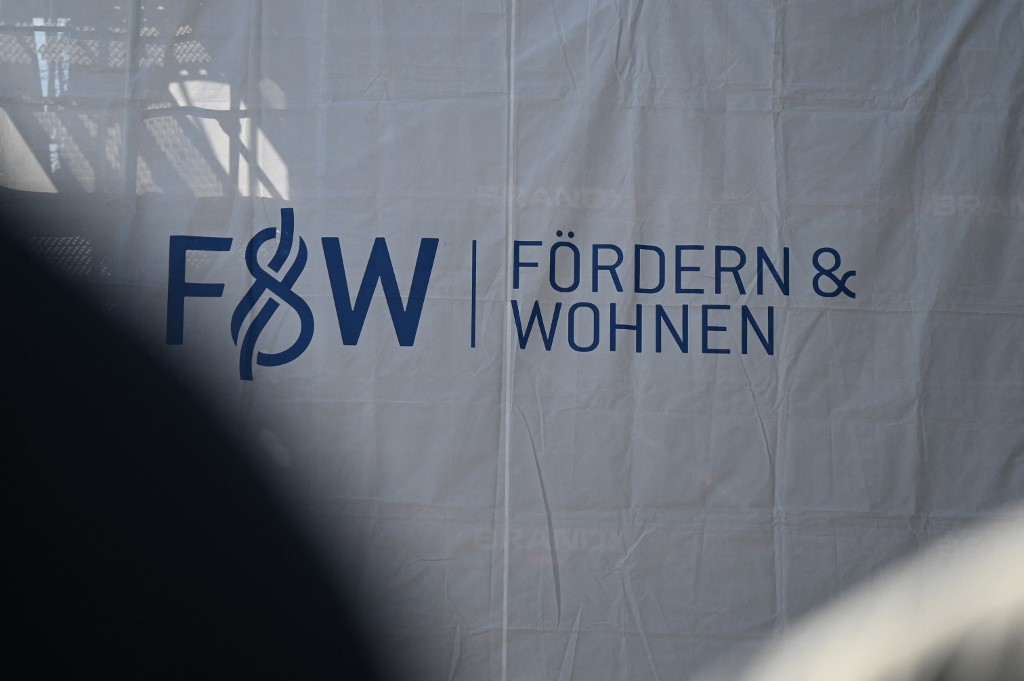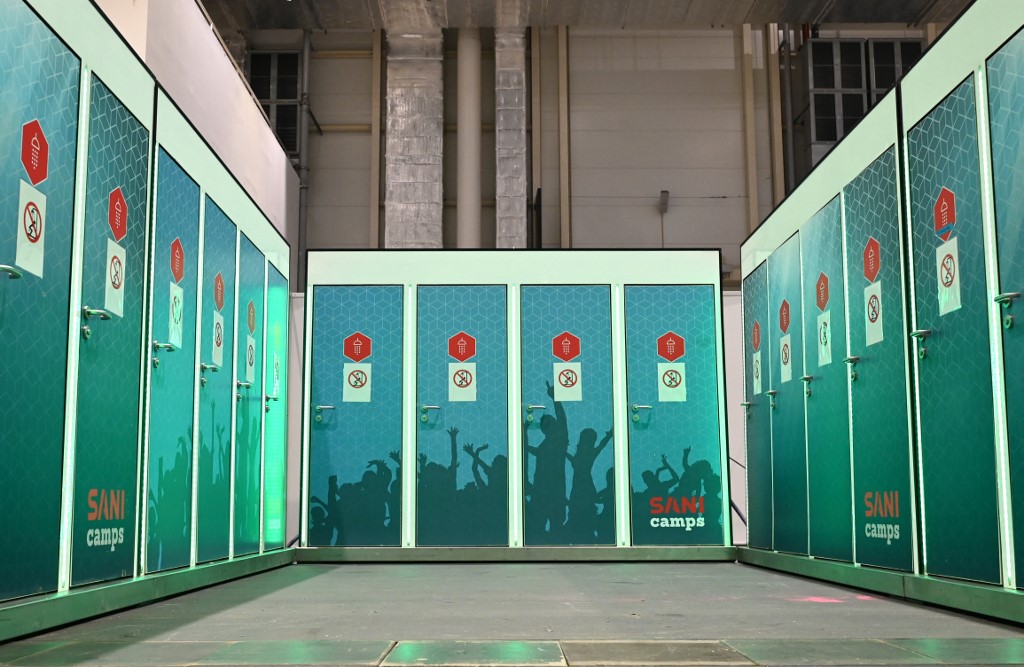
When Refugee Care Becomes an Industry
Over the years, Germany has seen the rise of an industry that operates largely in the background and in the shadows, and remains little known. This is the refugee industry. It employs several hundred thousand people and generates an annual turnover of 40–50 billion euros.
According to experts, the refugee industry is one of the reasons for Germany’s crumbling infrastructure, the decline of Deutsche Bahn and the country’s lag in fast internet, artificial intelligence, AI processors and data centres. The billions channelled into the refugee sector are lacking elsewhere.
Estimates suggest that since 2015, a net 5.4 million people have immigrated to Germany with the support of this industry.
The actors of the refugee industry: Who is “Fördern & Wohnen”?
F&W is a subsidiary owned by the city of Hamburg, established in 2005 with the aim of consolidating social tasks. Formally, it is primarily responsible for accommodating and caring for people in particular social emergencies – including the homeless, refugees, people with psychological or social difficulties, and others unable to secure housing on the property market.
Sie ist nicht so bekannt wie die deutsche Autoindustrie, aber genauso real. Wenn Sie noch nie von der deutschen Asylindustrie gehört haben, dann sei das verziehen, denn die Verantwortlichen dafür tun alles, dass das so bleibt. https://t.co/QuBiTNc4OK pic.twitter.com/ojm6V0Wiq3
— NIUS (@niusde_) August 30, 2025
F&W operates as a public law institution. It has a twelve-member supervisory board, two managing directors on ministerial-level salaries, and 2,200 permanent employees. Officially, the company provides accommodation for 45,000 refugees in residential containers, meals, interpreting services and assistance with official procedures.

Hamburg: The inscription “Fördern & Wohnen”, as seen on a scaffolding in the Neustadt district of Hamburg. Photo: AFP
All this cost the Free Hanseatic City of Hamburg 749 million euros in 2024, because every cent that F&W books as revenue comes from the city’s treasury, since F&W produces nothing on the free market.
If, therefore, the city of Hamburg stopped making payments to F&W, or failed to cover the significant losses that occur in certain years (575,000 euros in the red in 2023), or to replace its missing equity capital with substantial injections (100 million euros in 2024), F&W would have long since ceased to be viable
– the nius.de portal reminded its readers. It also raised the question of why Germany’s second-largest city operates such a company and why it shoulders such a burden for refugees. The portal summarised the suspected reasons in six points. Accordingly,
F&W seemingly offers numerous advantages to the city, governed continuously by the SPD and the Greens since 2011: 1. flexibility, 2. independence from the municipal budget, 3. rapid borrowing capacity, 4. apparent balance sheet transparency, 5. risk transfer, and 6. outsourcing of political responsibility.
Apparently, refugee care is extremely costly
Az F&W valójában arra szolgál, hogy belsőleg megkönnyítse a menekültek rendkívül költséges és drága ellátását, és külsőleg elrejtse azt
In reality, F&W serves internally to facilitate the very expensive provision of refugee care, and externally to conceal it,
– according to nius.de.
By the end of 2024, F&W was operating 169 institutions in Hamburg (140 residential homes, 8 initial reception centres, 4 night shelters, 2 day centres), and had also permanently reserved 6,600 places in 61 hotels and hostels.
In addition to the Bargkoppelweg arrival centre and the central reception centre at Bargkoppelstieg 7, F&W also operated decentralised reception centres and seven emergency facilities for initial reception. In the same year it brought into operation 15 further sites with a total of 2,362 places.
In all, F&W had about 46,000 accommodation places, almost exclusively for refugees. If all of F&W’s refugee housing containers, hostels and hotels were placed side by side, it would create a city the size of Cuxhaven or Elmshorn – wrote nius.de, which stated:
In Hamburg, the costs of providing accommodation for refugees are roughly equivalent to F&W’s revenues.
This is because F&W deals practically only with refugees – 96 per cent of its income comes from their care – with just 4 per cent deriving from services such as counselling the homeless, addicts, people with psychological problems, and housing mediation.

Hamburg, 2 December 2024: Closed, temporary toilet cubicles during a press conference at the refugee accommodation located in Hall B5 of the exhibition centre. (Photo: AFP)
F&W’s total revenues amounted to around 445 million euros in 2022, about 652 million in 2023, and about 750 million in 2024. The portion spent on accommodating refugees was 423 million euros in 2022, 627 million in 2023, and 715 million in 2024.
This also means that last year the city of Hamburg spent a total of 715 million euros on housing 43,921 refugees. (According to F&W Fördern & Wohnen AöR’s 2024 situation report, the average daily occupancy of all accommodation in 2024 was 43,921 people.)
Based on F&W’s annual reports, the estimated costs per refugee per year were 14,578 euros in 2022 (1,215 euros per month), 15,464 euros in 2023 (1,289 euros monthly), and a further 16,279 euros in 2024 (1,357 euros monthly). Hamburg is therefore spending nearly 1,400 euros each month for the accommodation of every refugee.
The employment centre transfers 5,100 euros each month to F&W for a family of seven.
A furnished one-room flat of 20–30 square metres in an average Hamburg neighbourhood (Harburg, Wandsbek, Eidelstedt or Bergedorf) costs 700–900 euros per month including utilities. Hamburg is therefore spending twice the rent of such a flat each month on the accommodation of every single migrant. This fact alone tells everything about F&W’s efficiency and cost structure.
Between 2022 and 2024, the total costs of F&W Fördern & Wohnen rose sharply. In just two years they increased from 467 million euros to 762 million euros – a 63 percent rise. The largest items were particularly affected: material costs – chiefly payments for accommodation (i.e. external rents), but also for catering and security services – climbed from 299 million euros in 2022 to 488 million in 2024, an increase of almost 63 percent. Personnel costs also rose significantly, from 92 million to 127 million, a 39 percent increase.
Depreciation wrote-offs were even more severe, as they – after property purchases – have more than doubled from 32 million euros to 79 million. Finally, again owing to property purchases, interest expenses also skyrocketed: from 9 million euros in 2022 to 24 million in 2024, a 171 percent increase.
At the same time, the company’s debt obligations rose from 506 million euros in 2022 to 706 million in 2024 (almost equal to 100 percent of its annual turnover). Behind this stood long-term loans used to finance the building, purchase and renovation of accommodations and apartments. Interest and repayment obligations are met from current revenues (public accommodation fees, rents) – and these revenues essentially come from Hamburg’s social authority, that is, from taxpayers’ money – the German portal points out.

